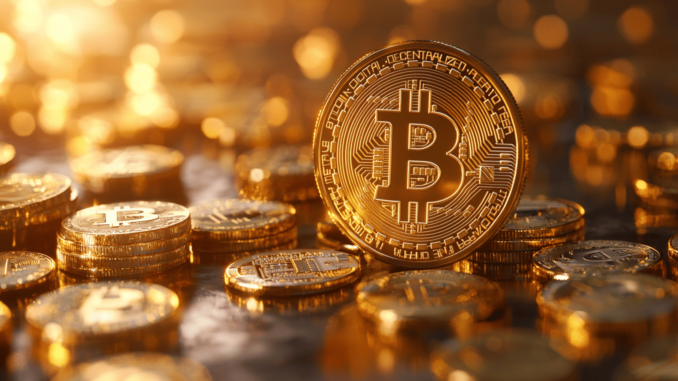
The Bitcoin Proposal as a Strategic Asset
The chief executive officer of the Bitcoin technology firm Jan3, Samson Mow, spearheaded a public call to urge Germany to buy Bitcoin for the country’s national strategic reserves. Mow presented to the German Bundestag-a chamber in Germany’s parliament-and has been calling for Germany to purchase 281,267 Bitcoin to ensure financial security and diversification in the future. He maintained that adopting Bitcoin could serve to fortify the country’s economic resilience.
Mow’s comments have sparked debate among MPs, Bitcoin maximalists, and financial advisors. Holding Bitcoin as a national reserve upsets the traditional scaffolding of reserve management systems, anchored largely by assets such as gold and foreign exchange. Mow’s argument illustrates how Bitcoin should be a hedge against inflation and currency devaluation, offering financial security in a digital age.
Rising Global Interest in Bitcoin Reserve
Germany is not alone in considering Bitcoin a part of its national reserve. Many other countries, such as El Salvador, have already integrated Bitcoin into their financial systems. In fact, the Central American country made Bitcoin legal tender as far back as 2021. For many, this move by El Salvador to use Bitcoin as a form of national reserve was quite a bold attempt by the nation in trying to free itself from dependency on traditional global markets.
Mow’s push is in line with the growing global sentiment that Bitcoin could be an important strategic reserve, especially as the United States may soon follow suit amid rumors of a looming announcement for a U.S. Bitcoin Strategic Reserve at the forthcoming Bitcoin 2024. Such speculations have strengthened debates on the use of cryptocurrencies within national financial systems.
The Role of Samson Mow in Bitcoin Advocacy
Samson Mow has been among the leading voices in the drive to see Bitcoin adoption by nation-states. Before leading Jan3, he had served as an advisor to El Salvador and helped shape the country’s Bitcoin strategy. He insists that Bitcoin can offer financial stability for countries, just like gold, by reducing dependence on traditional financial markets and fiat currencies.
Mow goes ahead to further say that Bitcoin would become an international reserve asset, helping nations diversify their financial strategies.
Conclusion: Would Germany Make the Leap?
Samson Mow’s Bitcoin as a national reserve has opened up yet another wave in the growing interest in the concept of Bitcoin as a strategic asset. While Germany hasn’t made any moves as such, officially, the case for the benefit of adopting Bitcoin for its reserves is decidedly being realized. Were it to do so, that could suggest a real turning point in how nation-states might manage their financial futures.







